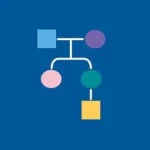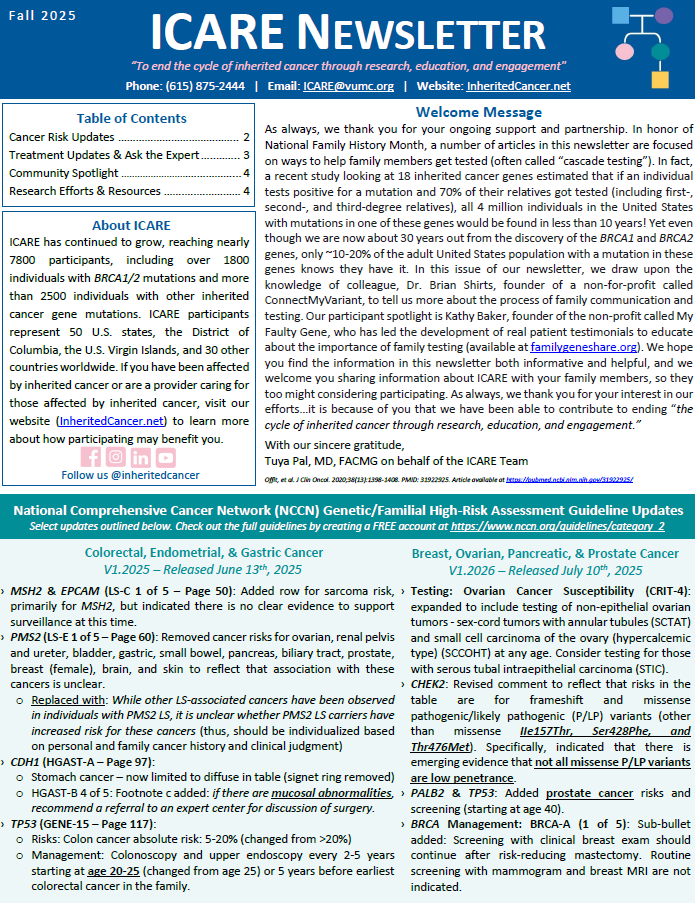Map of ICARE Provider Partners Across the United States
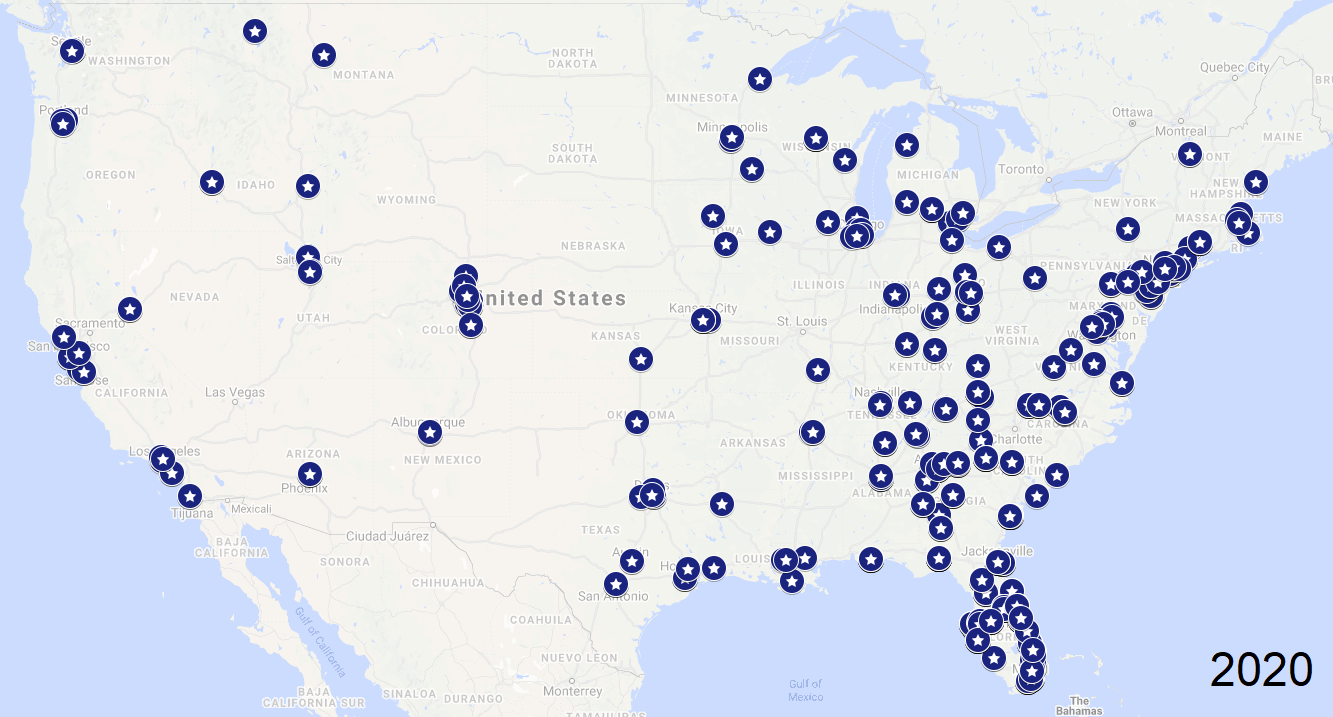
Why Should You Become a Recruiting Provider for ICARE?
Institutions that provide services for patients at risk of developing hereditary cancer can contribute to the ICARE Initiative by becoming a recruitment site. Recruitment sites will be supplied with ICARE materials, such as brochures and prepaid recruitment postcards (pictured below), to distribute to their patient population.
By becoming a recruiting provider, you would be offering the following to your patients:
- The opportunity to contribute to research for the future benefit of their families and others
- Access to new research opportunities as they become available, such as new screening tools or medications for chemoprevention
If you are interested in learning more about the option of recruiting for ICARE, please complete our contact form. We look forward to working with your program and speaking with you about ICARE!
How to Recruit Patients to ICARE
After receiving your patient's permission, recruitment can be facilitated in multiple ways:
-
- You may fill out an online patient referral form and the ICARE study team will contact your patient.
- Email your patient's contact information to the study team (ICARE@InheritedCancer.net) via secure data transfer. Please include the patient's name, gender, DOB, mailing address, phone number and/or email address, and preferred method of contact.
- Provide your patient with an online enrollment card directing them to our website where they may enroll into ICARE directly online.
- Have your patient fill out a prepaid provider postcard and drop it in the mail.
- Have your patient fill out a contact form requesting a member of the study team to contact them.
If your institution needs additional recruitment materials or you would like a member of the study team to contact you, please complete our contact form.
Provider Resources
 ICARE Genetics Case Conferences
ICARE Genetics Case Conferences
ICARE hosts an hour-long monthly web-based genetics case conference. Providers from across the country who recruit high-risk patients to ICARE regularly attend and present cases for discussion. Individuals who attend case conference live can obtain CME/CEU credits. For instructions on how to obtain credit, please click here.
- National Cancer Institute PDQ Cancer Information Summaries: Genetics
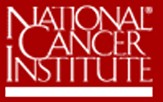
The PDQ Genetics Cancer Information Summaries, supported through the National Cancer Institute, is an online resource through which information about inherited cancer predisposition is continuously reviewed and updated by a national group of experts. This web-based freely available resource is designed to make the most current, credible and accurate information focused on inherited cancers available to health professionals and the public.
- The National Comprehensive Cancer Network® (NCCN®)

NCCN is a not-for-profit alliance of cancer centers devoted to patient care, research, and education. NCCN develops resources that present valuable information including creating clinical practice guidelines appropriate for use by patients, clinicians, and other health care decision-makers around the world. Guidelines are freely available at the website, but requires setting up an account with a username and password. Genetics guidelines include those for:
Genetic/Familial High-Risk Assessment: Breast, Ovarian, Pancreatic, & Prostate Genetic/Familial High-Risk Assessment: Colorectal, Endometrial, and Gastric
- Vanderbilt Hereditary Cancer Clinic
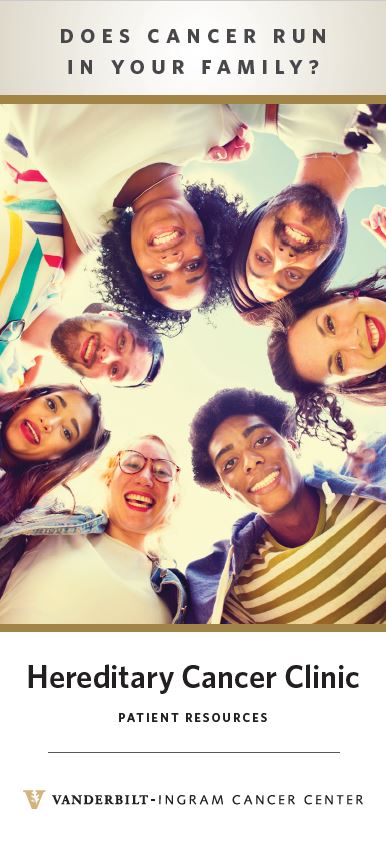
The Vanderbilt Hereditary Cancer Clinic offers comprehensive genetic evaluation, counseling, and testing for patients who are worried about their cancer risk based on their family or personal history. If you are a provider who would like to refer a patient to the Vanderbilt Hereditary Cancer Clinic, please call 615-343-7400 or complete the provider referral form.
Evaluating Patients for Inherited Cancer Susceptibility
This provider-focused brochure provides information on genetic counseling and testing services.
Does Cancer Run in Your Family?
This patient-focused brochure describes inherited cancer risk and how meeting with a genetics professional may benefit your patients or their family members.
- Guidance About Genetic Testing in Women with Breast Cancer
American College of Medical Genetics and Genomics (ACMG) put forth a Points-to-Consider document: “Is there Evidence to Support BRCA1/2 and Other Inherited Breast Cancer Genetic Testing for all Breast Cancer Patients?” in Genetics in Medicine. The document discusses:
- 1. Current data to support testing in breast cancer patients
- 2. Factors that should guide testing such as age, tumor characteristics, and family history
Currently there is insufficient evidence to recommend testing in all women with breast cancer. However, as more information becomes available, testing criteria may change. Professional organizations need to work together to harmonize and implement evidence-based recommendations. Check out the accompanying commentary published in Genetics In Medicine from Dr. Susan Domchek. Also, check out the press releases from Vanderbilt-Ingram Cancer Center and ACMG.
Lastly, check out PDFs of GenomeWeb articles reviewing this document at:

